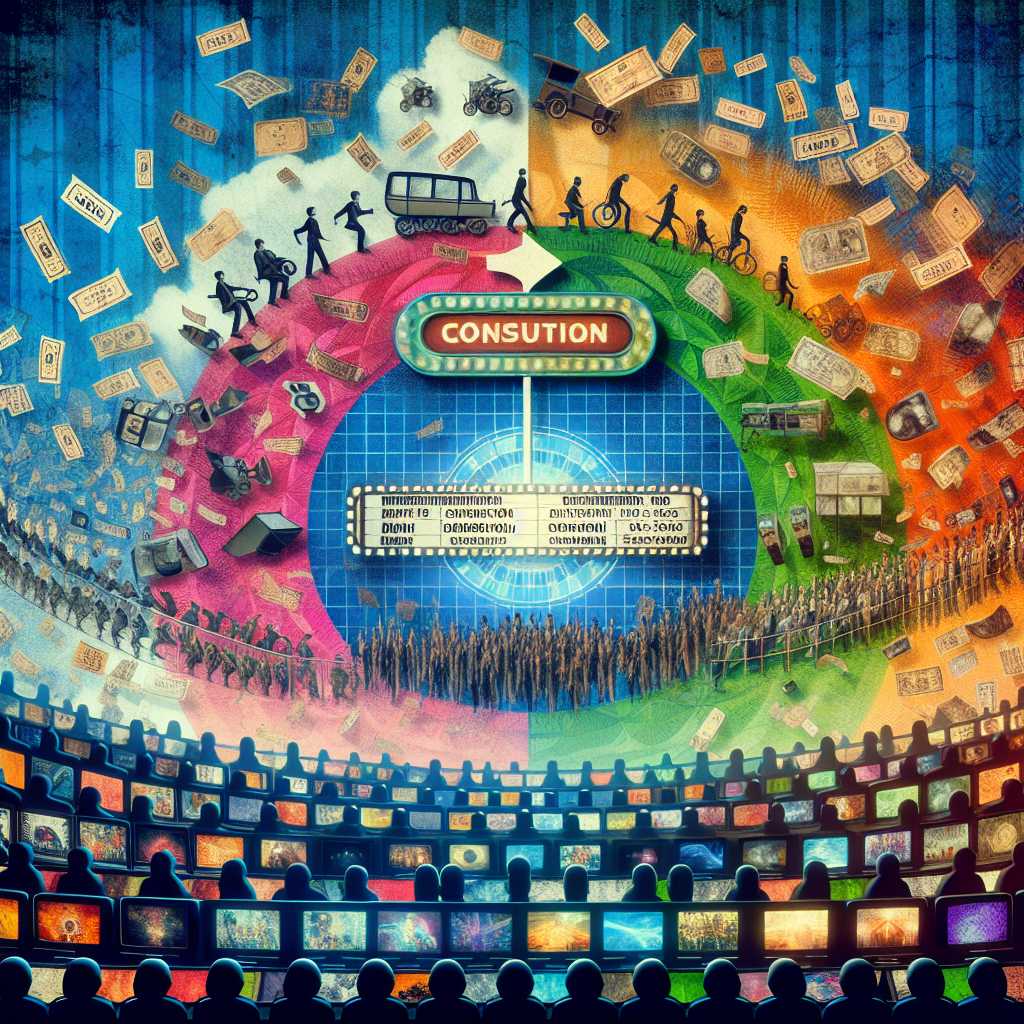The Evolution of Fandango: From Movie Tickets to Digital Entertainment Hub
Fandango is a well-known name in the American film and entertainment industry, originally famed as a go-to platform for buying movie tickets. Over the years, its services have expanded and transformed significantly. Observing its evolution furnishes insight into the changing landscape of digital entertainment services as well as consumer behaviors.
Fandango’s Inception and Growth in Movie Ticket Sales
Fandango was founded on April 27, 2000, during a time where the digital commerce revolution was just taking off. Initially, it provided a convenient service allowing customers to buy tickets online, avoiding lines at cinema box offices. It catered to moviegoers’ evolving desires for convenience and efficiency by offering a guarantee for seats at their local cinema theaters.
As online commerce grew, so did Fandango’s user base. The service capitalized on this trend by expanding its offerings, including mobile ticketing and reserved seating options. It introduced a variety of promotional activities, such as exclusive film clips, movie merchandise, and more, understanding that its audience consisted not just of moviegoers but movie enthusiasts.
Merger and Acquisition: Expanding the Digital Footprint
In the ensuing years, Fandango began to expand its scope through strategic mergers and acquisitions. A significant milestone in the company’s expansion was the purchase of rival movie ticket service MovieTickets.com in 2017. This merger meant Fandango’s influence over the online movie ticket sector increased substantially, effectively consolidating its position at the forefront of the industry.
Another significant move was Fandango’s acquisition of Vudu from Walmart in 2020. The Vudu platform was a digital video store and streaming service giving customers access to purchase or rent movies online. By merging Vudu’s capabilities with its existing streaming service FandangoNOW, Fandago not only strengthened its role in digital distribution but also positioned itself as a combinant force in an increasingly competitive streaming market.
Technological Innovations: Adapting to Changing Consumer Behaviors
A critical aspect of Fandango’s success can be attributed to its adoption of new technologies and adaptations to changing consumer behaviors. The introduction of mobile apps allowed the first venture beyond browser-based services and meeting desires for immediate access.
Furthermore, with advancing web technologies, Fandango introduced interactive seaside layouts like seat reservation systems that let you choose a seat when booking your ticket; it gamified experiences with loyalty points, satisfying consumer penchant for rewards; and it started cultivating content like actor interviews to meet the burgeoning interest in behind-the-scenes film culture.
Challenges and Competition: Staying relevant in the Streaming Era
The sudden increase in streaming platforms offering at-home access to movies—some even simultaneously with theatrical releases—coupled with periods such theatre closures during the COVID-19 pandemic complicated history for businesses like Fandago that were traditionally rooted in the cinematic experience.
Competition from services like Netflix, Amazon Prime Video, Disney+, and HBO Max demanded an imminent reinvention—the bold acquisition of Vudu and subsequent merger with FandagoNOW into a single platform rebranded as Vudu was an essential part of this adaptation phase.
Community Engagement and Partnerships
In addition to acquisitions and technological innovation, Fandago has made community engagement a cornerstone of its strategy by becoming more than just a utility service – creating movie-related content including fan polls, awards predictions, celebrity interviews, and movie guides contributed to nurturing a community.
Partnerships with companies like Apple which incorporated Fandago into its ecosystem by enabling Siri integration also exemplified smart alignments keeping the company relevant within broader changes happening in entertainment consumption habits.
